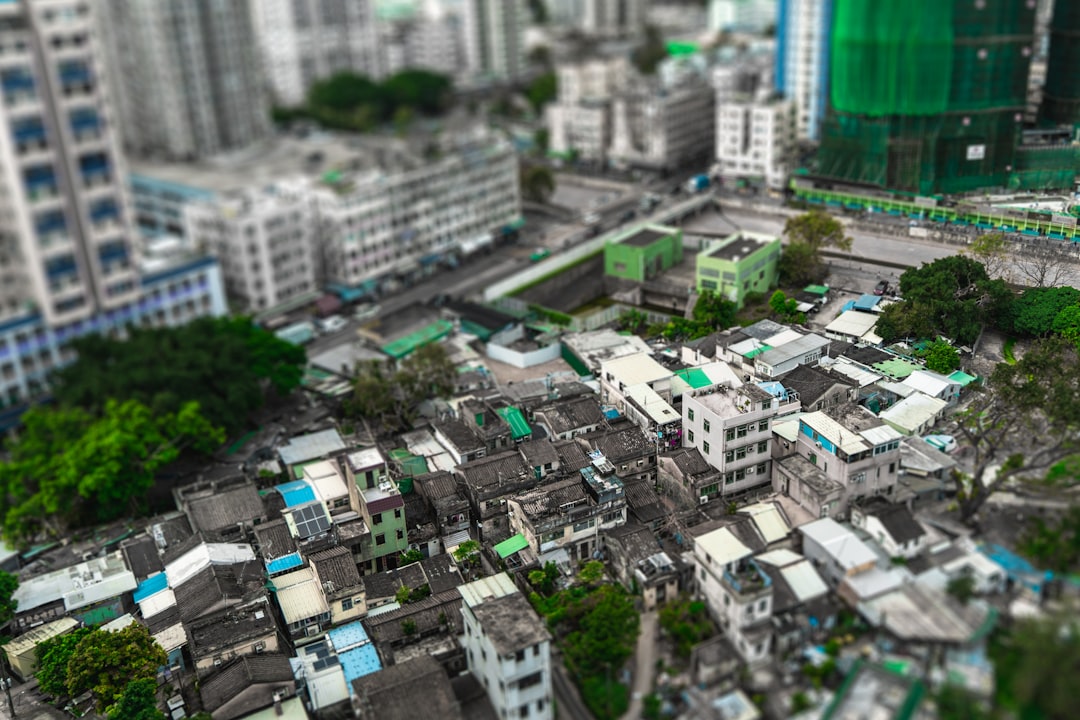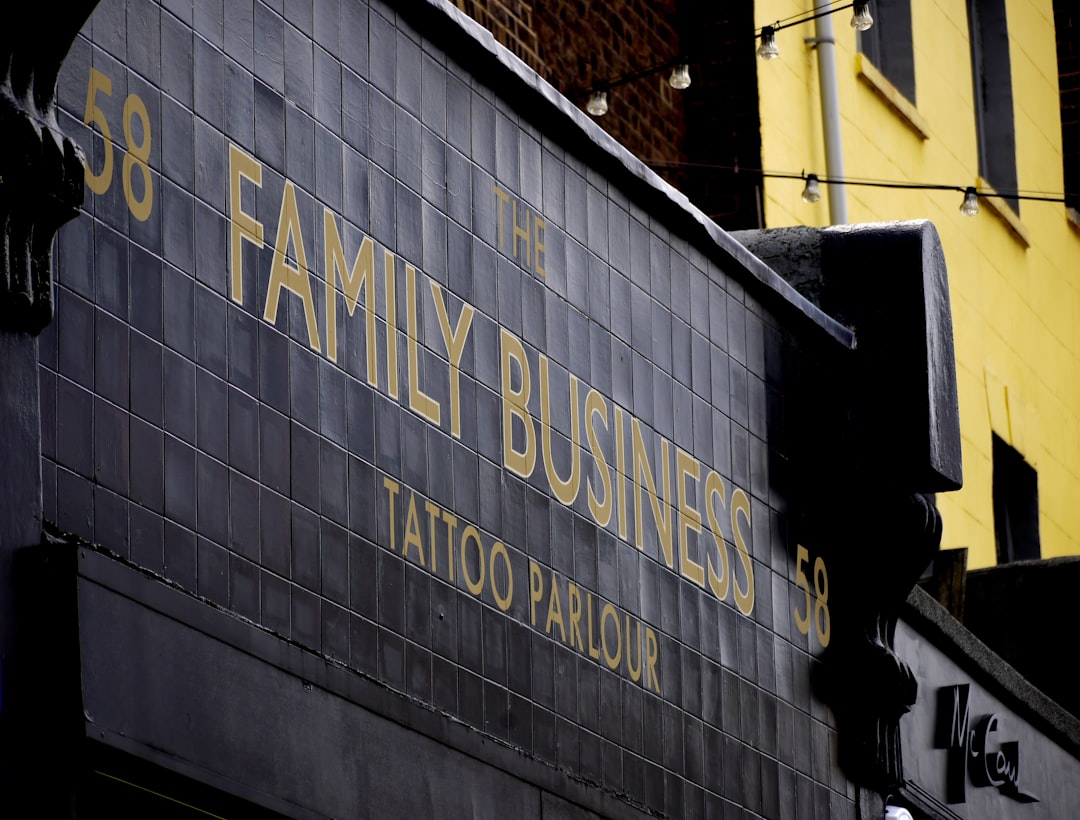What is it about?
The success of tourism development depends on the capacity of a region's tourism agents to establish and sustain networks, involving both private-sector companies and the public sector. In this paper, the authors discuss the results of a survey of restaurant owners and of interviews conducted with the main institutional agents concerned with tourism promotion and the economic development of the Minho-Lima region. The authors work from the premise that the commitment of tourism agents constitutes a precondition for the success of the strategy to be defined. This is especially applicable to Minho-Lima, which to date has suffered from an absence of commitment and coordination on the part of those agents.
Featured Image
Why is it important?
Creating an attractive destination able to compete with others that are better positioned and consolidated requires cooperative behaviour among the various agents involved. This behaviour will facilitate both external and internal competition, which in turn will assure better product quality, continuous product renewal, a strong offer of unique experiences and the efficient use of endogenous resources. Such an approach can be valuable in identifying the strengths and weaknesses of the area in question with regard to future tourism development.
Perspectives
The authors work from the premise that the commitment of tourism agents constitutes a precondition for the success of the strategy to be defined. Such an approach can be valuable in identifying the strengths and weaknesses of the area in question with regard to future tourism development.
Professor José Cadima Ribeiro
University of Minho
Read the Original
This page is a summary of: Portugal's Minho–Lima Region as a Tourist Destination: Tourism Operators' Attitudes towards its Management and Promotion, Tourism Economics, June 2010, SAGE Publications,
DOI: 10.5367/000000010791305653.
You can read the full text:
Contributors
The following have contributed to this page










